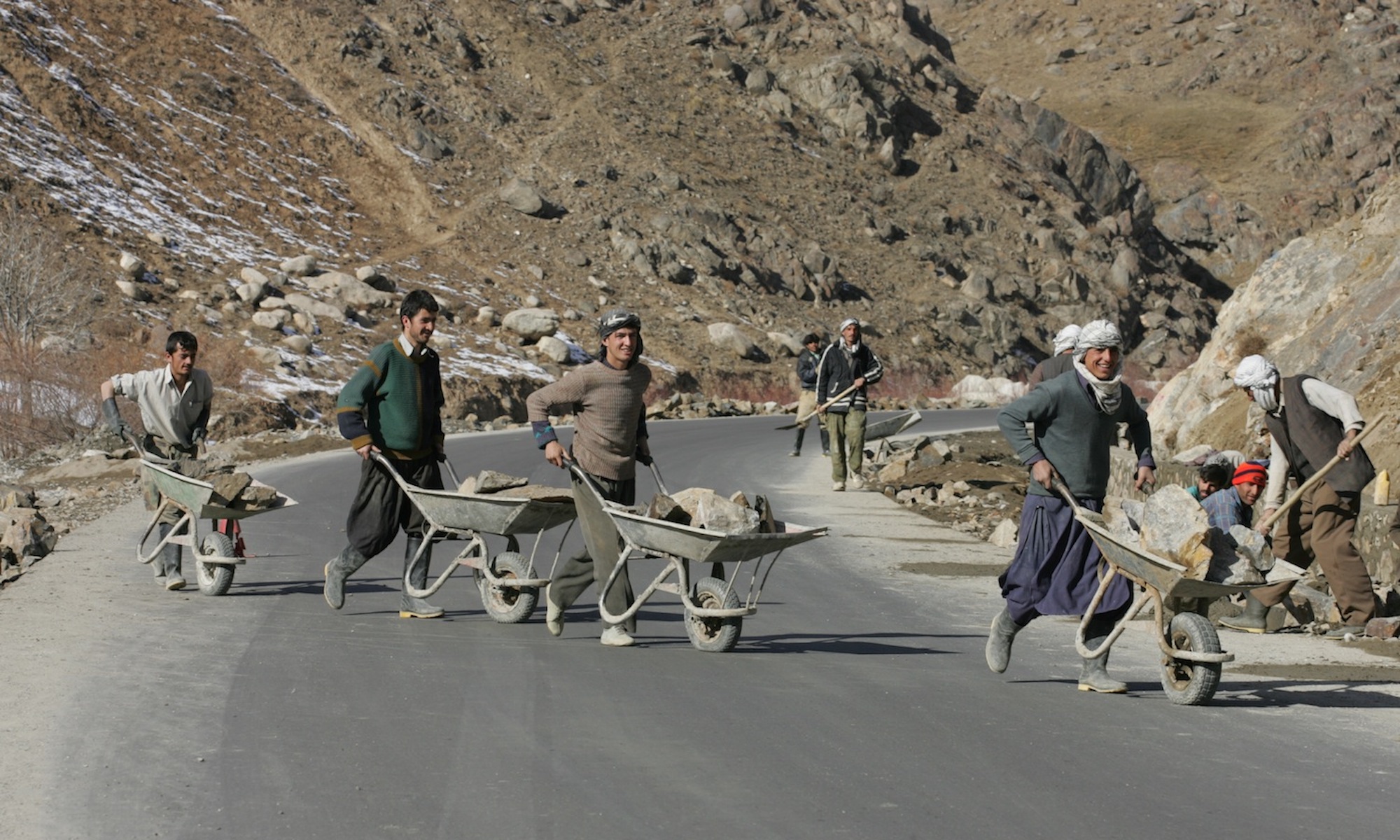Central and Local Patrimonialism: State-Building in Kin-Based Societies
Israel’s Pessimistic View of the Arab Spring
The Arab Spring: Its Geostrategic Significance
The democratic uprisings and consequent turmoil in the Arab world during the last 18 months have had significant impact on the geostrategic situation in the Middle East as well as on the policies of major regional and global powers. As the upheavals continue to unfold, especially in strategically important countries such as Syria and Bahrain, they will continue to have a major impact on intraregional politics as well as great-power interests.
The Revolution Will Not Be Tweeted
Judging by the popular press, in January 2011 Twitter and Facebook went from being simply engaging social diversions to become engines of political change that upended decades of Arab authoritarianism. It is tempting to be swept away by this narrative, which suggests that social media prompted hundreds of thousands, and then millions, of Tunisians and Egyptians to pour into the streets and peacefully demand change. Brittle authoritarian regimes had little choice but to comply, and in this way, social media irrevocably changed the future of the Middle East. Following the logic to its conclusion, it would suggest that the Middle East is on the brink of a period of democratic consolidation, as the ideals and tools of revolutionaries lead the region forward into a period of anti-sectarianism, liberalism, and hope.
